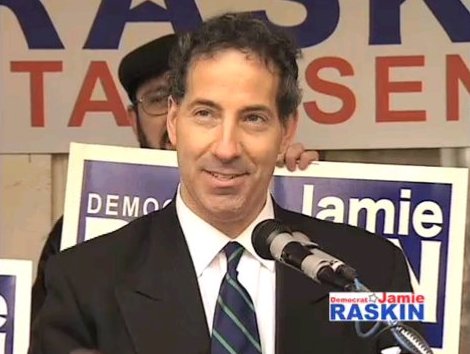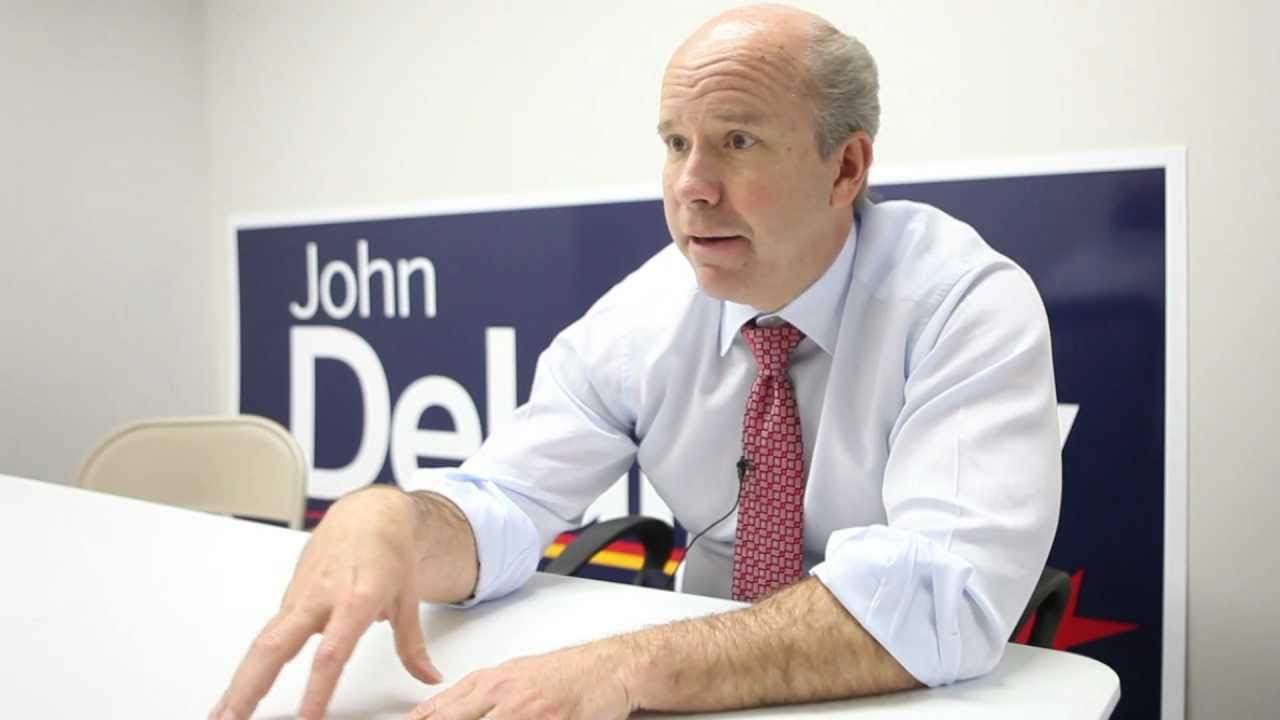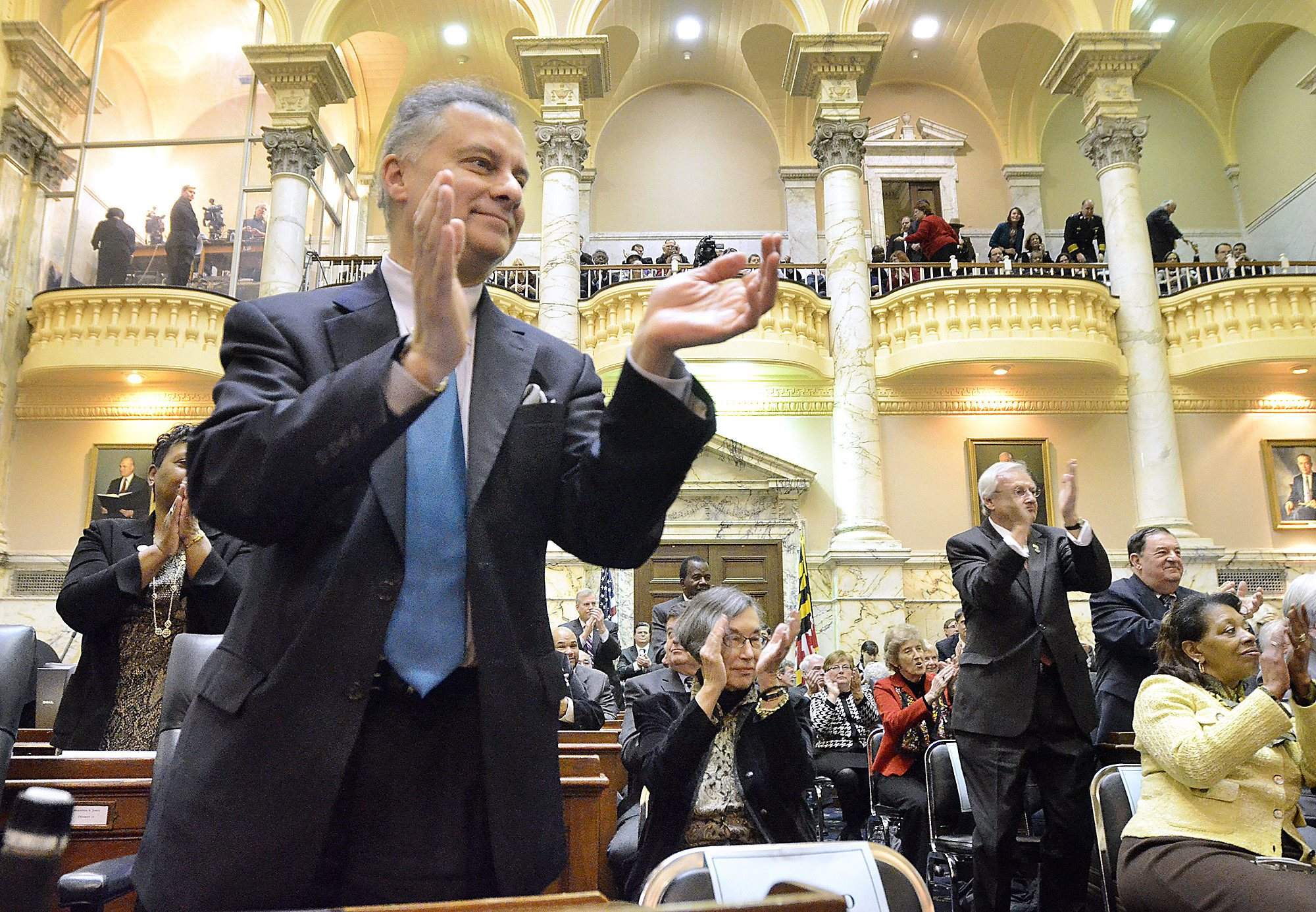Sen. Jamie Raskin (D-20) is widely considered a lock to enter the race for Maryland’s Eighth Congressional District.
Getting Elected in District 20
Jamie Raskin was first elected to the Senate in 2006 in an impressive defeat of longtime incumbent, Sen. Ida Ruben. Though Raskin was a first-time candidate, he beat Ruben by 2-1 thanks to a strong campaign and grassroots organization.
It also didn’t hurt that Chris Van Hollen notably did not endorse Sen. Ida Ruben, who had not supported him in his original congressional bid in 2002. Since the 2006 Democratic primary, Raskin has been untouchable in this district.
Two of Raskin’s previous campaign managers, David Moon and Will Smith, have now joined him on the House side. Raskin remains very popular and a solid fit for this district, correctly perceived as the most progressive in Maryland.
In the Senate
Jamie made the transition from law professor at American University to politician in the Maryland Senate more smoothly than some likely expected. He worked well with his colleagues and became a leader on the Judicial Proceedings Committee.
Currently, Sen. Raskin heads the Executive Nominations Committee. He is also serves as Majority Whip and is a past Chair of the Montgomery County Senate Delegation.
His work has unsurprisingly focused more on issues related to his committee. Sen. Raskin was a robust supporter of marriage equality. In this session, he is focusing much of his efforts on campaign finance trying to make the system more transparent in the wake of the disastrous Citizens United decision, which opened the floodgates of soft money into American politics.
One of the more loquacious members of the Senate, he is excellent at arguing for his point of view and parrying his opponents. Jamie’s passionate progressive views have also not prevented him in working with others to move forward even if the product is less than ideal from his perspective.
All of these issues and skills would transfer well to Congress, even if he would likely have to get used to operating as part of the minority instead of the majority. There is a reason that lawyers are not lacking in Congress or Washington even if Washingtonians can tell lawyer jokes with the best of them.
Campaign and Competition
Jamie cannot self finance but he is well-positioned to raise a lot of money. His profile extends beyond the local level–and not just because his spouse, Sarah Bloom Raskin, has served on the Board of Governors of the Federal Reserve and is now Deputy Secretary of the Treasury.
Moreover, many of Jamie’s originals supporters are still very active in politics and eager to support his congressional bid. As he showed in 2006, he is quite capable of putting together an organized grassroots campaign.
District 20 has one of the richest pockets of Democratic voters in the State, though fewer than District 16 and similar in number to neighboring District 18. Raskin’s district would serve as a fine base for a congressional run.
Overlap with Other Candidates
Jamie Raskin will be a top-tier candidate. He shares a similar political profile with Rich Madaleno. Both are white males and strong progressives based in neighboring southern Montgomery County districts. They’ve worked closely together in the Senate on many issues. Either would benefit if the other does not run.








